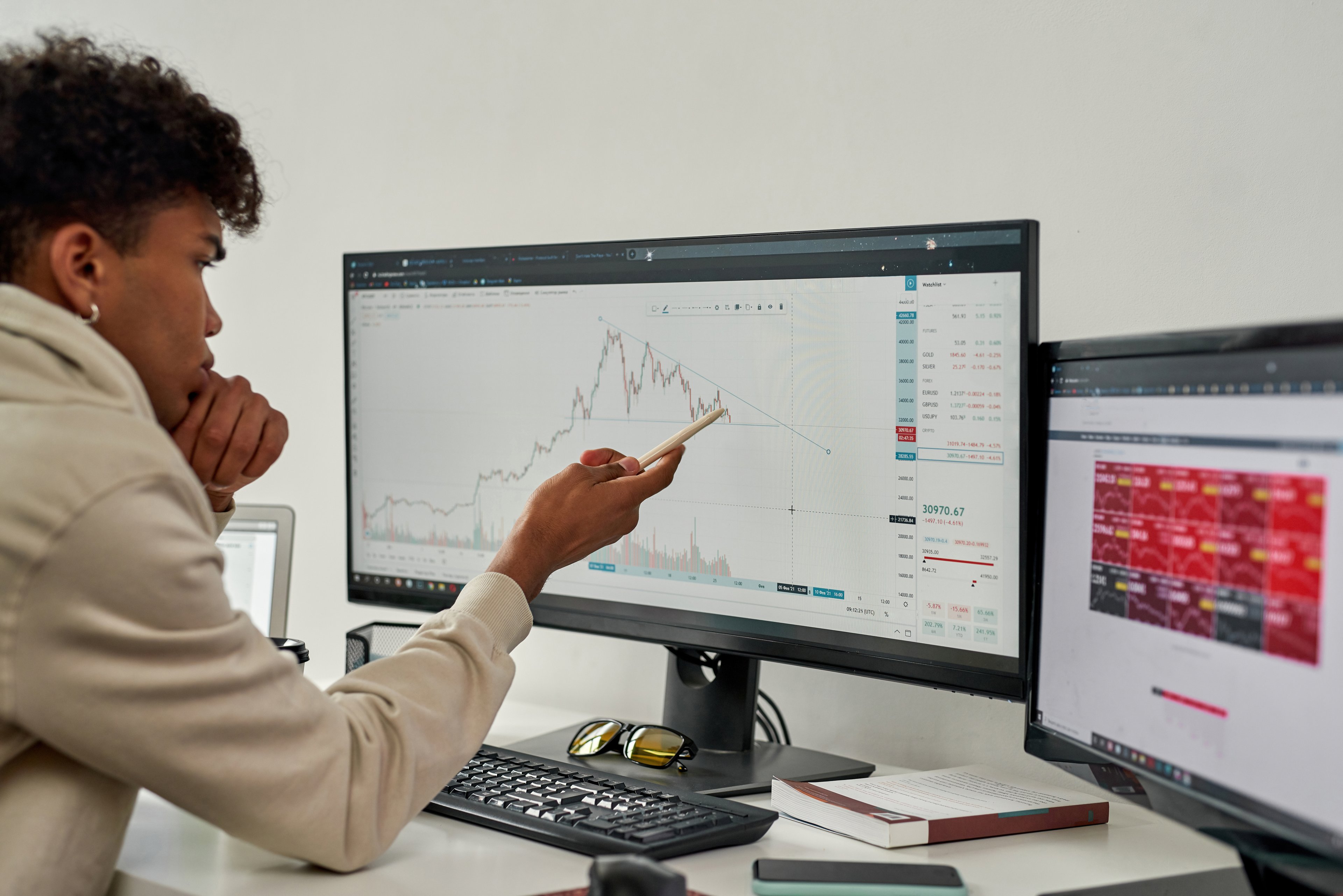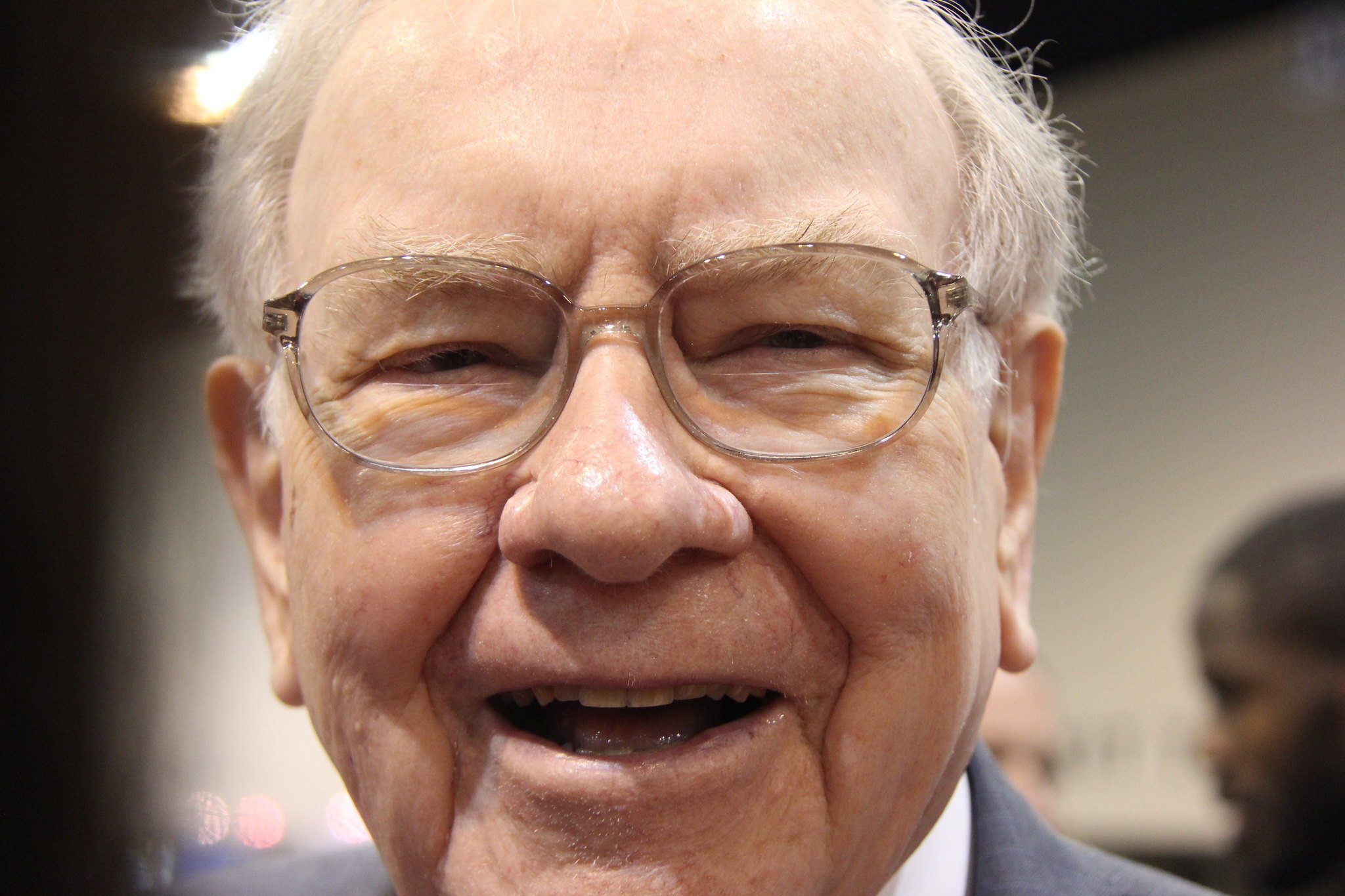It's been a little over two months since President Trump announced his reciprocal tariff plan, sending the S&P 500 briefly plunging to bear market territory. While the S&P has recovered most of its loss since that point, tariff uncertainty remains.
Of course, some of the uncertainty has been resolved, specifically when it comes to our trade relationship with China. But there's a lot we don't know yet, such as what happens when the current 90-day pause on retaliatory tariffs expires on July 8? It's entirely possible that the market will become volatile again because of it.
There are very few stocks that are truly immune to tariff uncertainty, but top-quality American companies with little foreign exposure could be a good way to protect your portfolio. With that in mind, here are two great American companies you might want to consider for your portfolio right now.

Image source: Getty Images.
A recession-resistant collection of American businesses
I've said before that if I could only buy one stock to hold for the next 20 years, it would be Berkshire Hathaway (BRK.A 0.01%)(BRK.B 0.15%), and I stand by that statement. In fact, with the stock down about 11% from its all-time high reached less than two months ago, I like it even more.
There are three main parts to Berkshire's business -- its operating subsidiaries, its stock portfolio, and its cash.

NYSE: BRK.B
Key Data Points
Most of Berkshire's operating businesses aren't just American-based revenue streams, but they are highly recession resistant. Think of insurance giant GEICO and Berkshire's massive utility business as a couple of examples. Of course, some of the stocks in Berkshire's nearly $300 billion portfolio have foreign exposure, such as Apple (AAPL +0.56%), but it's generally a collection of market-leading businesses with steady cash flow.
The cash is the big X-factor here. Berkshire Hathaway has nearly $348 billion in cash on its balance sheet, giving the company unprecedented financial flexibility. So, if tariffs end up causing stocks to fall and business valuations to decline, Berkshire is in a great position to capitalize on it.
It's worth noting that the main reason for the stock's recent decline is the announcement that CEO Warren Buffett will be stepping down at the end of the year. But it's important to realize that all of the pieces have been in place for a smooth leadership transition for a long time, and Berkshire should still be an excellent long-term compounding machine.
A surprising AI leader
Speaking of Berkshire, it's worth noting that although GEICO is an excellent business, it recently lost its No. 2 market share of U.S. auto insurance to Progressive (PGR 0.05%). Of course, Progressive sells other types of insurance, such as homeowners, but auto insurance is its bread and butter.
Although Progressive is often thought of as a legacy insurance company (founded in the 1930s), it has arguably done the most impressive job when it comes to technology and artificial intelligence (AI) in the insurance industry. The company has a first-mover advantage, as it rolled out the first telematics device about 15 years ago to collect driver data and give it an edge in analyzing risk. The company's use of this technology in its underwriting continues to evolve, and the emergence of generative AI has allowed the company to build its technology lead even further.
There's still room to grow. In May, Progressive reported 15% year-over-year growth in net premiums earned and a 16% increase in the number of personal insurance policies in force.
Progressive's technology lead has not only allowed Progressive to grow its market share but to achieve excellent profitability. In 2024, Progressive reported an underwriting profit margin of more than 11%, while most insurers would be quite content with something in the mid-single digits.
They aren't completely tariff-proof
As I mentioned, there are few stocks (if any) that would be completely unaffected by tariff escalation. Some of Berkshire's businesses and the stocks it owns have international exposure. And if auto tariffs escalate, it could hurt new car sales, which would have some effect on Progressive (new cars generally cost more to insure than older ones).
Not only that, but even if a business is minimally impacted by tariffs, that doesn't mean their stock price won't be turbulent if the trade war heats up. But the point is that these are two fantastic businesses that should hold up better than most if new tariffs go into effect and should be great long-term investments regardless of what happens with tariffs.







